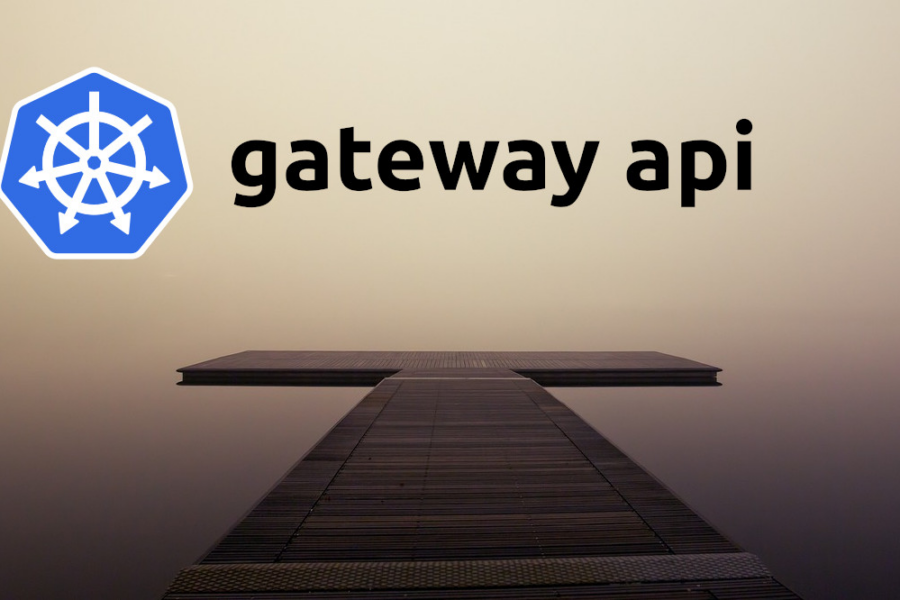
Kubernetes Gateway API 1.1 Released: Standard Features & New Experiments
The Kubernetes Gateway API team is excited to announce the release of version 1.1! This update brings several key features to the forefront, along with some intriguing experimental additions. Standard Channel Promotions: Dive Deeper: Advanced Routing with HTTPRoute: Improved Conformance Reporting: Experimental Features: Easy Upgrade Path: The Gateway API offers independent versioning, allowing you to…

Free Webinar: Master Kubernetes Cost Optimization on AWS
Cloud-native environments offer incredible flexibility and scalability, but managing costs can be a constant battle. This free webinar, brought to you by AWS, Kubecost, and Nirmata, will equip you with the knowledge and tools to prevent cost overruns before they happen. The Power of Proactive Cost Control This webinar dives deep into a powerful combination:…
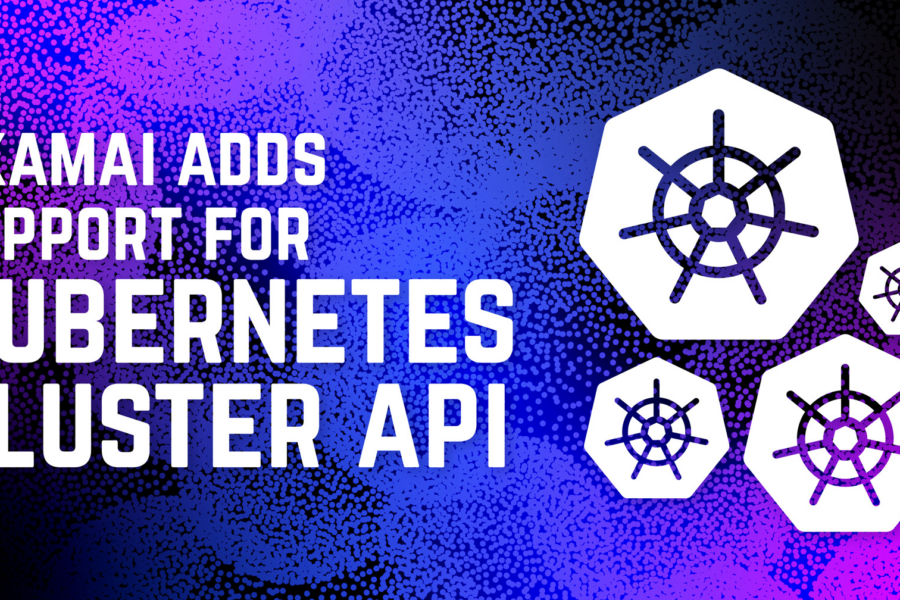
Effortless Kubernetes Management: Akamai Now Supports Cluster API
Exciting news for developers and IT professionals who leverage Kubernetes! Akamai recently announced support for the Kubernetes Cluster API (CAPL), streamlining cluster creation, configuration, and management. What is Cluster API (CAPI)? CAPI, or “kappy” for short, is an open-source project that introduces a declarative approach to managing Kubernetes clusters. Similar to Infrastructure as Code (IaC)…
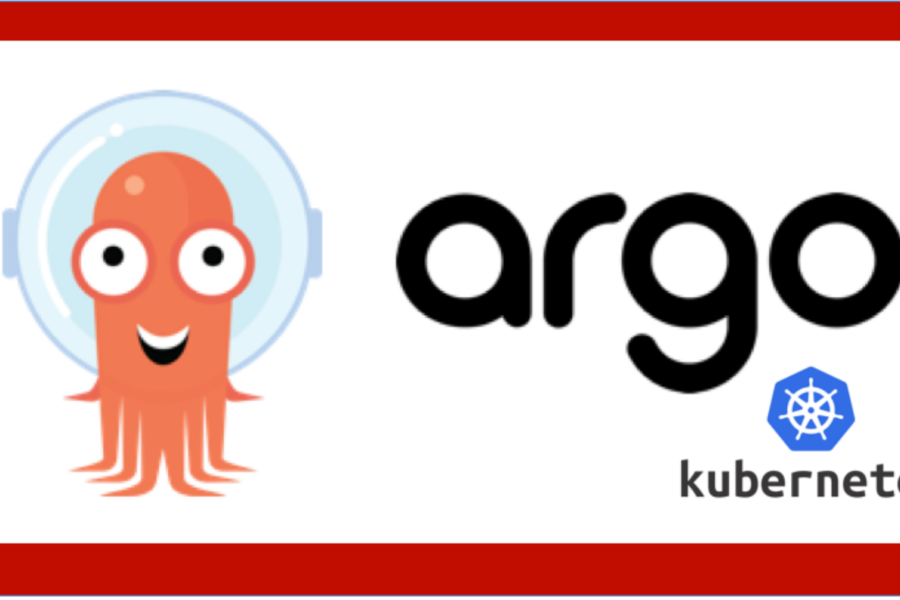
Containerized Offline Workflows: Leveraging Kubernetes for Distributed Argo Workflows
This blog post explores how Kubernetes clusters equipped with Argo Workflows can be leveraged for orchestrating offline tasks and batch computing jobs in a cloud-native way. Traditional Batch Computing vs. Kubernetes Clusters While mainstream batch computing systems offer solutions for managing and executing batch jobs, they often require users to: Kubernetes Clusters for Distributed Argo…
KubeFM: Building a Home Lab on Kubernetes with Talos (ft. Mircea-Pavel Anton)
Have you ever dreamt of taking your home lab to the next level with the power and flexibility of Kubernetes? Today, we’re thrilled to unlock some valuable insights for you! This blog post delves into the recent KubeFM episode featuring Mircea-Pavel Anton. Mircea embarked on a fascinating journey, migrating his home lab to the exciting…

Guide to Containers and Kubernetes for Enterprise Leaders
Containers and Kubernetes are becoming increasingly important for building cloud-native applications and enabling multi-cloud deployments. This blog post answers the most common questions that CTOs and technology leaders have about these technologies. Benefits and Challenges Key Findings Recommendations Top 10 FAQs with Answers 1) What are some of the key benefits of containers and Kubernetes?…

Backstage Kubernetes: Simplifying Service Management for Developers
For developers deploying on Kubernetes, managing services across multiple clusters can be a tangled mess. Backstage Kubernetes cuts through the complexity, offering a centralized hub for everything related to your services. Consolidate and Conquer Backstage Kubernetes goes beyond being a standalone monitoring tool. It integrates seamlessly with Backstage’s core service catalog, creating a unified platform…
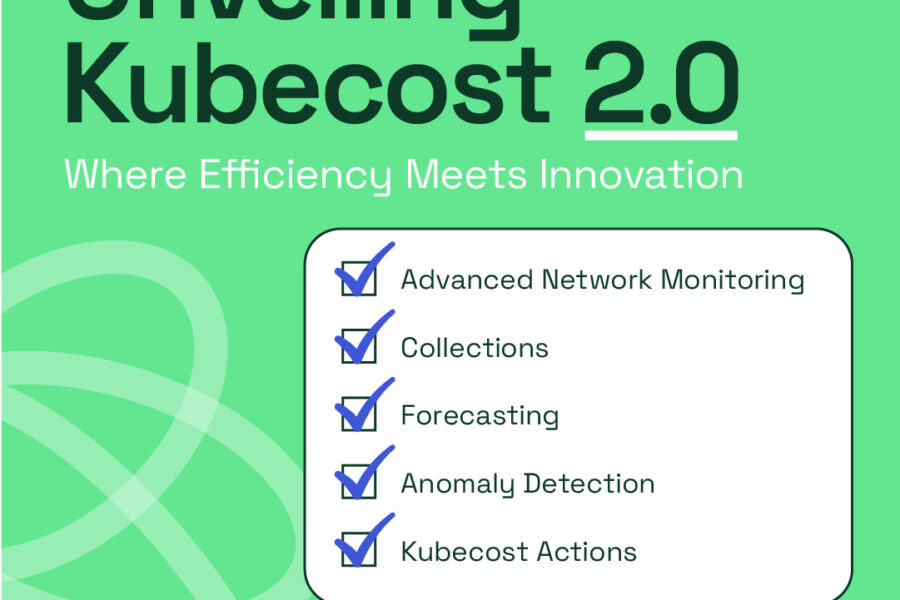
Kubecost 2.0 Empowers Cost Control with Network Visibility
The way organizations manage their Kubernetes costs is undergoing a significant transformation. Kubecost, a leading provider of Kubernetes cost monitoring and management solutions, recently unveiled Kubecost 2.0, a major upgrade packed with features designed to empower businesses to optimize their cloud spending. Unveiling Network Visibility: A Game Changer One of the most significant additions in…
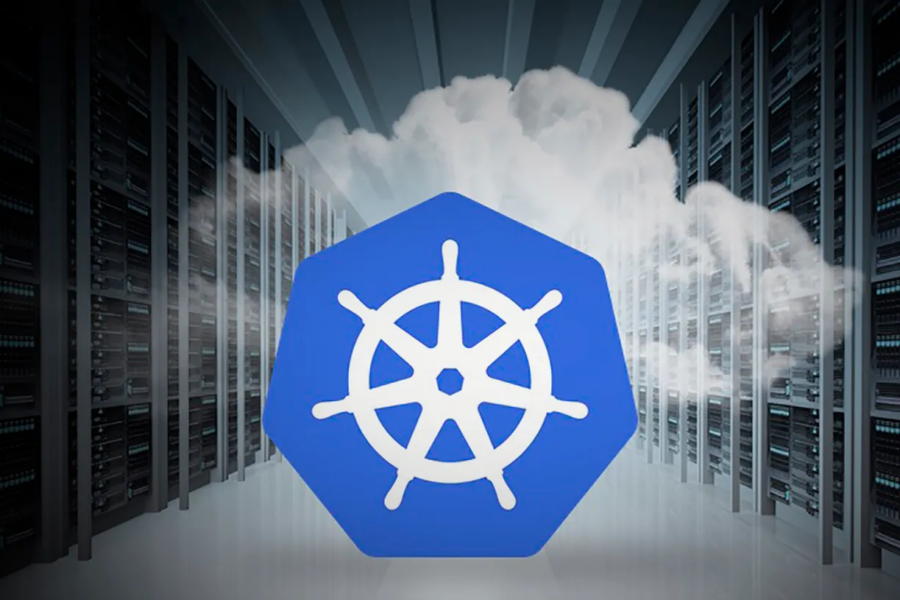
CNCF Survey Reveals: Half of Companies Overspend with Kubernetes, Primarily Due to Overprovisioning
CNCF’s recent microsurvey on cloud-native FinOps and CFM revealed insights into Kubernetes’ impact on cloud spending. Nearly half of respondents reported increased costs, while others saw no change or savings post-migration. The main factors contributing to overspending include overprovisioning, lack of awareness, and resource sprawl. The survey sought details on Kubernetes spending and overall cloud…
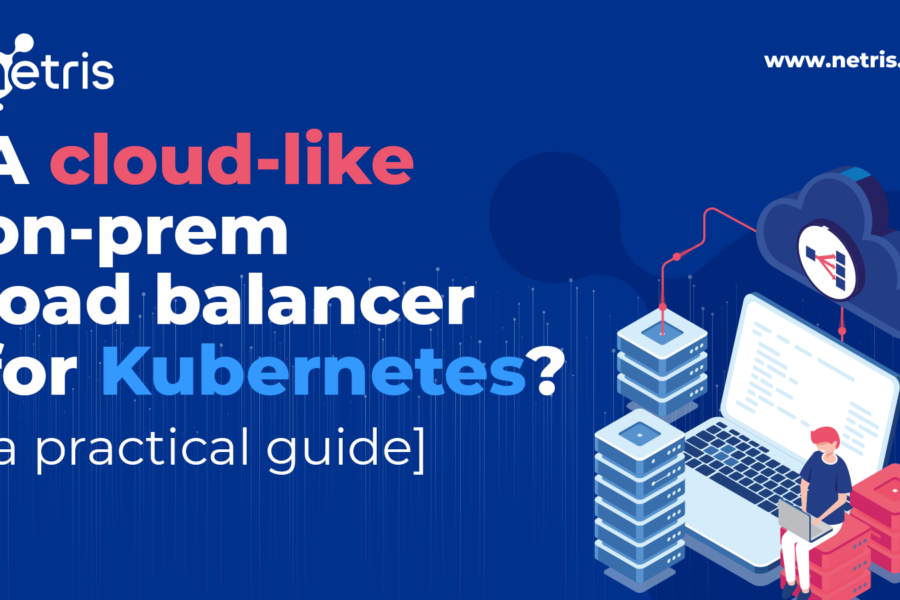
Kubernetes Load Balancer – On-Premises & Bare Metal
Managing a Kubernetes Load Balancer has always been challenging. In the past, setting it up involved a time-consuming process of submitting tickets and collaborating between network and Linux engineers. Now, with cloud technology, on-demand load balancer services are available instantly for Kubernetes, simplifying tasks for DevOps engineers. However, replicating this ease of use in on-premises…
